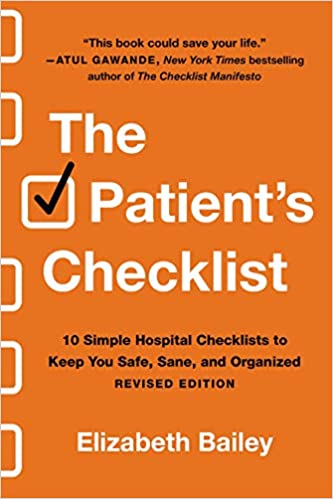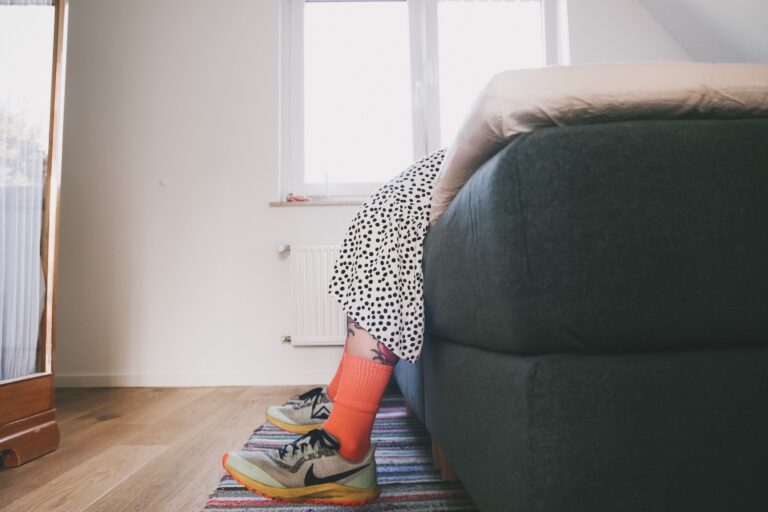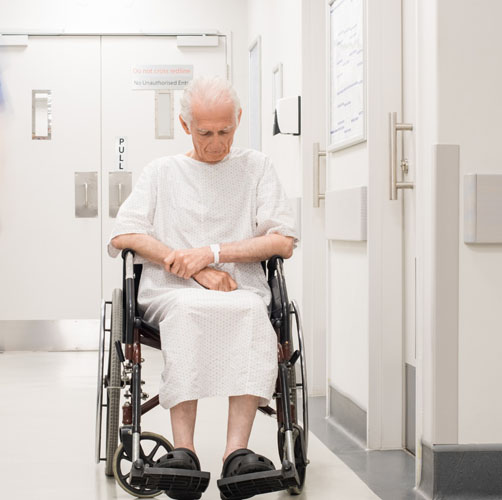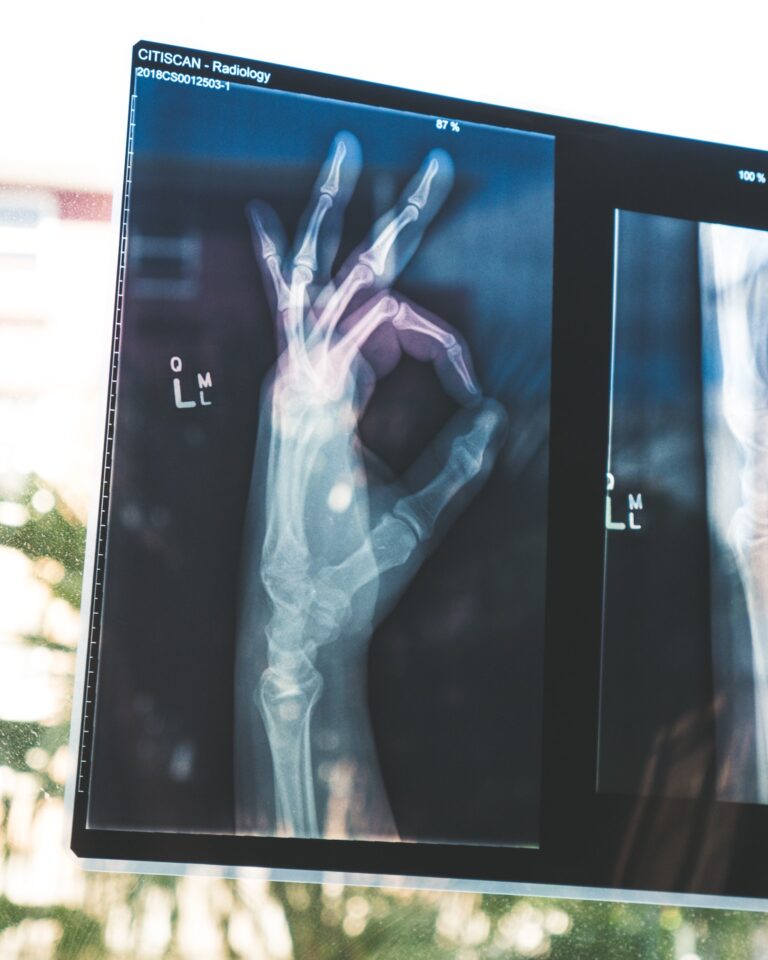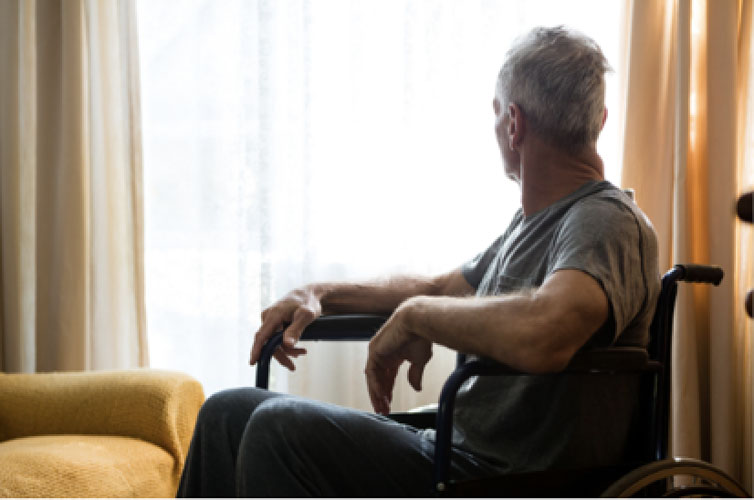
The COVID-19 pandemic has exacted a brutal toll across our entire healthcare system. Our attention is understandably focused on resource and staff shortages at hospitals. Safe home discharges for all patients, Covid and non-Covid, are likewise affected by these same disruptions to medical supplies and home care providers, from skilled nursing services and therapists to personal care aides.
First and foremost, social distancing has profoundly interfered with the informal network of family and friends all patients rely on to aid in their home recovery. Access to and availability of skilled nursing care and home health aides during the pandemic compounds a real gap in meeting the care needs of a person convalescing at home.
We are in a moment in time where every person walking through one’s door has to be viewed as a potential exposure risk – and it’s a two-way street. A neighbor who may have driven you to a follow-up visit in the past may not now in an effort to stay safe. A patient may really need the help provided by a personal care aide but be leery of introducing anyone new to their bubble.
Help, both in terms of access and availability, needs to be rethought by all patients, their immediate caregivers, and hospital discharge planners in the wake of the Covid crisis.
Inevitably the real burden to meet gaps in resources will fall on the shoulders of close family caregivers. It is so important to address potential gaps in services with one’s hospital discharge planner before a discharge to home – and make accommodations to meet these real needs.
Here are two key areas that have been profoundly disrupted:
1. Medical Equipment and Supplies
This is equipment you might need at home in your recovery: A hospital bed, a commode, walker, masks, gloves, personal care supplies, etc. There may be real shortages in your area if the virus is spiking. Besides shortages, there may be delays in delivery if medical supply companies are overwhelmed.
Case in point: My own family had a terrible time finding a hospital bed that was essential for a safe discharge for my husband. His doctors would not let him leave the hospital without a bed being delivered to our home. My husband had broken his neck and back in a cycling accident. We contacted every medical supply company in our state. The issue was not with the bed frame itself but with the availability of hospital mattresses in general.
During Covid, these mattresses are one-time use only rather than reused after being disinfected so there was a huge, unexpected shortage. They could not deliver the bed frame without a hospital bed mattress. Finally, a mattress was found from one supplier and delivered to another that had the frame.
Disruptions to the supply chain for necessary medical equipment and supplies are a real consequence of the virus. It continues to rival what happened with masks and latex gloves at the beginning of the pandemic when those supplies were impossible to find. Make sure whatever supplies you will need are available and delivered to your home prior to your hospital discharge.
2. Help At Home – Both Skilled and Informal:
There may be all sorts of restrictions on home-based care as the pandemic continues to surge. Many visiting nurses and home health aides may face restrictions on home visitations depending on the rates of infections in your area. They may be uncomfortable about coming into your home and conversely, you may be uncomfortable with letting caregivers into your home. If you need skilled care though these risks need to be mediated by your discharge planner so that you get the help you need.
In the past, patients relied on family and friends – for day-to-day care, for meals, for help in getting to doctor follow-ups, for pet care, and all sorts of tasks. But now, this circle of care has been severely reduced by the bubbles we are all maintaining to stay safe. Friends and family cannot easily come and go to help provide care.
Patients and their families need to consider a calendar for care that relies on sustained efforts from a smaller circle of caregivers for more limited amounts of time. Can an adult child become part of your bubble and provide care 24/7 for a week, for instance, instead of traveling back and forth for a few hours a day for several weeks. Is a negative Covid test something that a family requires for all helping hands? How will that be facilitated?
Follow-up doctor visits pose their own complications. First, the pool of people who can take a patient to a follow-up is restricted due to Covid. Secondly, many doctors have protocols in place where a patient must go in alone. This means that your friend or relative who drives you or accompanies you via mass transit or taxi must wait outside – somewhere – during your appointment.
Planning for whatever Covid protocols your various doctors may have in place is a new factor in organizing follow-up care.
***
Let’s connect on social! I’m on Twitter, Facebook, and LinkedIn, or by email at [email protected]. Purchase your copy of The Patient’s Checklist here!
